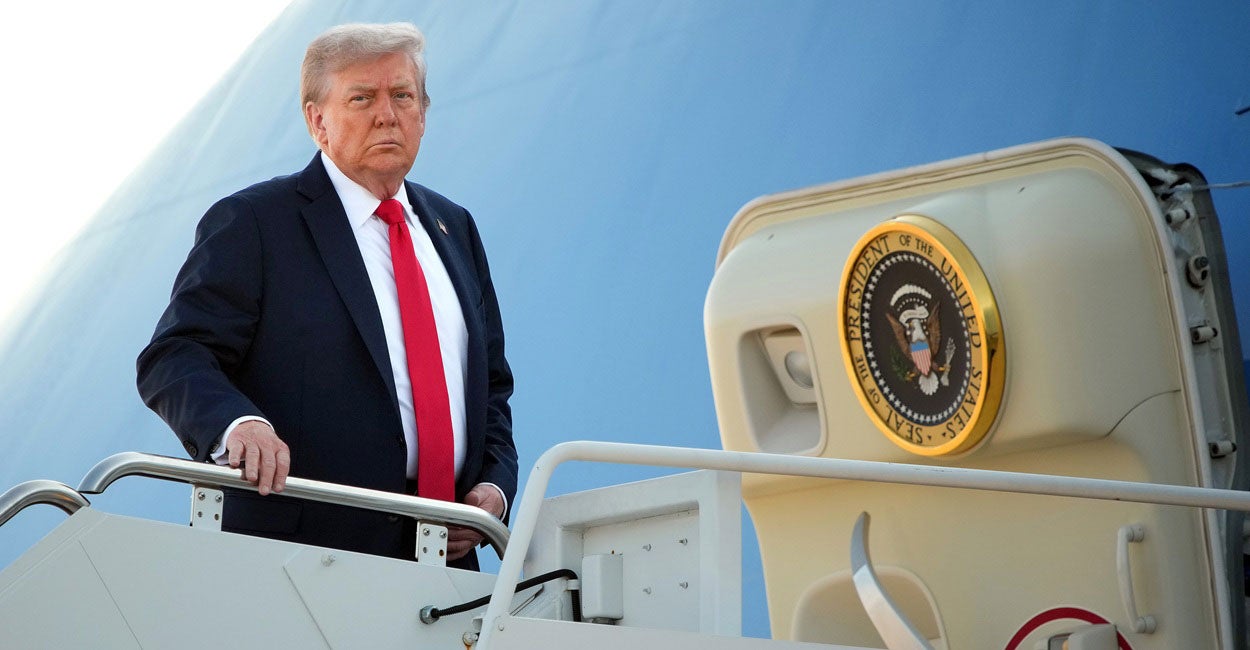Thriving Kids: Federal Funding Sparks Debate – Will States Step Up?
Australia's new Thriving Kids initiative, a $2 billion federal commitment to improve child health and wellbeing, is facing an early hurdle. While Health Minister Mark Butler unveiled the program with significant fanfare, state and territory leaders are claiming they weren't consulted prior to the announcement, raising questions about the program's future and the potential for a funding shortfall.
The Thriving Kids program aims to address critical gaps in early childhood development, mental health support, and preventative healthcare services. Minister Butler has urged state and territory governments to match the federal funding, effectively doubling the investment to $4 billion. He argues that this collaborative approach is essential to ensure the program's success and reach every child across Australia.
“This is a once-in-a-generation opportunity to significantly improve the lives of Australian children,” Minister Butler stated. “We believe that a partnership between the federal government and the states and territories is the best way to achieve this goal.” He highlighted the program's focus on early intervention, aiming to identify and support children at risk before problems escalate, ultimately reducing the burden on the healthcare system and improving long-term outcomes.
However, the lack of prior consultation has drawn sharp criticism from state and territory leaders. Several premiers and chief ministers have expressed surprise and frustration at the announcement, suggesting that the federal government has bypassed traditional negotiation processes. They’ve voiced concerns about the financial implications for their own budgets, particularly given the current economic climate.
“We were blindsided by this announcement,” said one state leader, speaking on condition of anonymity. “We need to carefully consider the implications for our state budget and whether we can realistically commit to matching the federal funding. It's not about being uncooperative; it's about responsible financial management and ensuring we can deliver effective services to our communities.”
The debate highlights a familiar tension in Australian federalism – the balance of power between the Commonwealth and the states. While the federal government has the constitutional authority to legislate on health matters, the states are responsible for delivering many of the services. A successful Thriving Kids program will require genuine collaboration and a willingness from all parties to compromise.
Experts in child health and development are cautiously optimistic about the initiative, but warn that its success hinges on securing the necessary funding and ensuring effective implementation. They emphasize the importance of a coordinated approach, with all levels of government working together to achieve shared goals.
The coming weeks will be crucial as negotiations between the federal government and the states and territories continue. The outcome will determine whether Thriving Kids becomes a landmark investment in Australia's future, or another example of political gridlock hindering progress for vulnerable children.
Key Questions Remain:
- Will state and territory governments agree to match the federal funding pledge?
- How will the program be implemented across different states and territories, ensuring consistency and equity?
- What specific outcomes will be measured to assess the program’s effectiveness?






